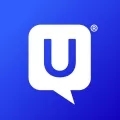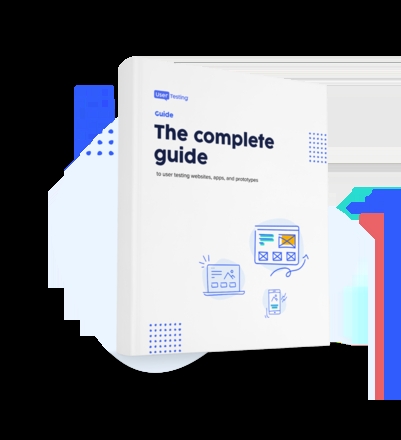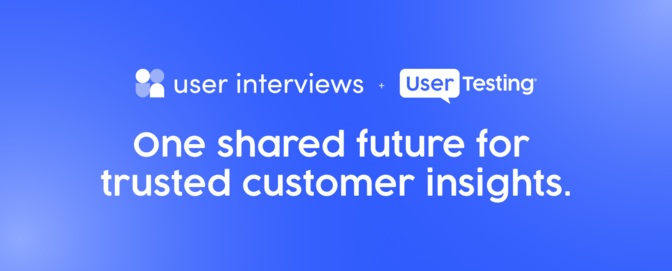
Three tips to get started with rapid UX research

We all want to execute thoroughly-planned, insightful research across all products and solutions. This, however, is easier said than done.
We spoke to Devin Harold, Senior Manager of UX Research at Verizon, about his experiences. Devin was seeing demand for UX research outstrip capacity – he knew he had to act fast to make research at scale a reality.
With his problem-solving hat on, Devin decided to switch things up by democratizing research and empowering their researchers to deliver more value.
Building an ecosystem of shared insights
Scaling UX research is about being smarter with your time. So, Devin and his team decided to build two additional programs that complemented their foundational research practice and let them focus on more complex projects.
- The democratization program: This program has empowered over 100 designers to run their own unmoderated research with templates, office hours, and other guardrails.
- The rapid research program: Here, Devin and team act like navigators. They have built an internal agency model where their research leaders support moderated research projects at a high level while junior researchers and associate research professionals lead the work and turn it around quickly and iteratively.
The rapid research program centers around specific study types:
- Light interviews: Asking a handful of customers a few questions within 30 minutes to gain an understanding of their sentiment around new or updated products and experiences
- Usability testing: Remotely observing users in a live setting to uncover insights and issues that people may experience when using a product or service
- Concept testing: Sharing early-stage ideas with participants to gauge feedback
Three tips for building a rapid UX research program
To help you develop your own rapid research program at scale, here are three great pieces of advice from our work with Devin.
1. Focus on customer profiles with the greatest return on insight (ROI)
Rapid research is powered by fast access to relevant customers. However, finding highly specific users in a short timeframe isn't feasible. Instead, Devin focused on identifying and establishing a broad customer profile that covered as many bases as possible.
Leveraging automated participant recruitment in the UserTesting platform, he put in place an agile recruitment process to give designers the greatest return on insight.
2. Implementing a truly agile research process
All UX researchers are familiar with the panic of receiving a research request on a Friday and scrambling to secure participants as quickly as possible. Devin often had as little as four days (including weekends) to recruit customers in the rapid research world.
The rapid research program helped deploy an agile research process, implementing a defined step-by-step system for everyone to follow.
"By decoupling recruitment from study briefings, we got the research process down to a week. We were able to run research from Friday to Friday: our stakeholders would attend Friday kickoff and, by the following Friday, they'd have their findings."
- Devin Harold, Senior Manager of UX Research at Verizon
3. Establish strong templates and briefing guidelines
To turn around research in one week – and at scale – the team needed to optimize the briefing process. Long, lengthy briefs were out of the question. The team set clear guidelines: only two objectives per brief and one clear prototype to be submitted at predefined times.
They also created in-depth reporting templates that helped researchers synthesize and make sense of their findings.
Reinforcing the briefing process also helps with accountability. Employees asking for a study need to have their brief filled out otherwise their project wouldn’t happen that week. It’s small steps like this that keep the process rapid and agile.
"The team set clear guidelines: only two objectives per brief and one clear prototype to be submitted at predefined times.”
- Devin Harold, Senior Manager of UX Research at Verizon
The program has delivered game-changing results
After just 6 months, Devin and the team were able to:
- Increase speed. By systematizing the research process they now have the capacity to run 3 research swim lanes simultaneously. Now the team can deliver more insights to the organization, faster.
- Scale. With automations in recruiting and analysis, Devin’s team has run over 100 studies and 650+ moderated user interviews.
- Make an impact. Through thoughtful program design, the core research team doubled its foundational research capacity and is empowered to focus on delivering strategic insights.

Get started with experience research
Everything you need to know to effectively plan, conduct, and analyze remote experience research.





